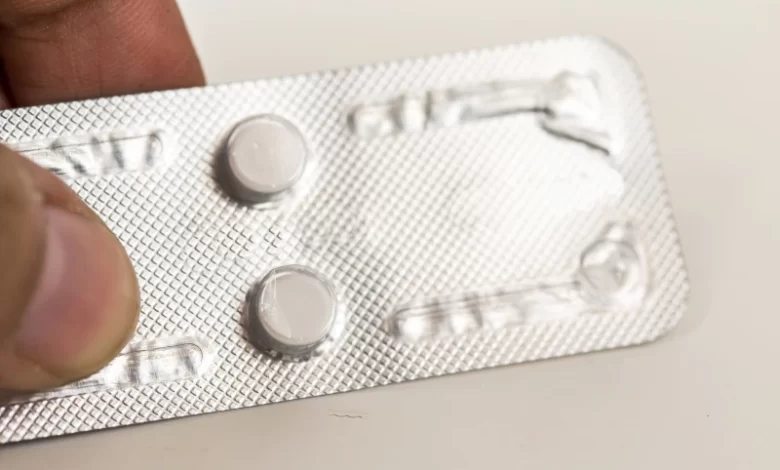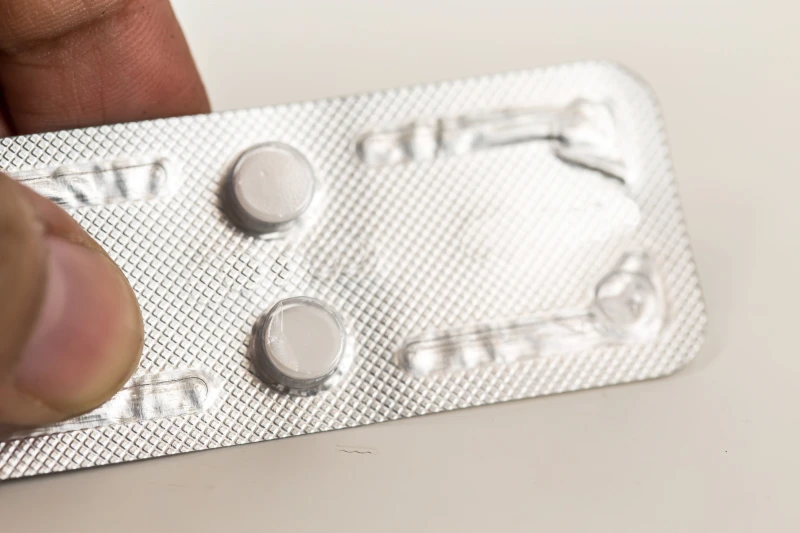Study: Many women ‘unprepared’ by health workers for severe pain from chemical abortions

 null / Credit: pim pic/Shutterstock
null / Credit: pim pic/Shutterstock Washington, D.C. Newsroom, Dec 20, 2024 / 12:15 pm (CNA).
Many women who undergo chemical abortions experience more pain than they were prepared for and more than 40% go through “severe” pain, according to a peer-reviewed study of British women conducted by the British Pregnancy Advisory Service (BPAS).
The study, published in the BMJ Sexual and Reproductive Health online journal, notes that women who seek out chemical abortions are often advised that the pain from chemical abortions will be similar to “period pain,” but the researchers note that the pain experienced can vary widely and be much more severe.
“Many felt unprepared for the level of pain they experienced,” the study notes, adding that in many cases, there is “a lack of detailed, realistic anticipatory pain counseling.”
The survey found that 48.5% of respondents experienced more pain than they expected. About 92% of the women who underwent chemical abortions rated their pain level at least “4” on a scale of 1 to 10, with 41.5% rating their pain as “8” or higher, which designates “severe” pain.
According to the study, some women told researchers that the pain described in consultations or information leaflets was “washed over,” “downplayed,” or “sugarcoated.”
“The pain was intense and constant, in my lower back,” one of the women explained. “It hurt so much that it made me throw up several times. I felt shaky and faint at points.”
“Pain was so much stronger than period pain,” another woman described. “It was like having contractions in labor. I’ve given birth three times and the pain really wasn’t too much different from that pain, the cramping contraction pain.”
Another woman surveyed told researchers “the pain was really a lot worse than I expected, perhaps because it was compared to bad period pain and my periods have always been fairly pain-free.”
“Pain was so severe, and yet everything I read or heard, and what little there was about the pain on the internet was [that] it was slight cramping, like a bad period … [which] couldn’t be further from the truth,” she continued.
“… The amount of pain you could go through is completely played down. … I understand they probably don’t want to scare many women, but I’d rather know how bad the pain can get.”
The researchers wrote in the study that “setting realistic expectations” about pain levels is needed for women to support “informed” decisions.
“Benchmarking against period pain has long been used as a way to describe the pain associated with medical abortion, despite the wide variability of period pain experienced,” Hannah McCulloch, the lead author of the study, said in a statement.
“For many respondents, using period pain as a reference point for what to expect was not helpful for managing expectations, or in line with their experiences,” she added.
Nearly 1,600 women who underwent chemical abortions in England and Wales responded to the survey. Chemical abortions are prescribed for British women up to 10 weeks’ gestation, which is the same standard approved by the Food and Drug Administration (FDA) in the United States.
At 10 weeks’ gestation, an unborn child has a fetal heartbeat, early brain activity, and partially developed eyes, lips, and nostrils. The abortion pill mifepristone kills the child by blocking the hormone progesterone, which cuts off the supply of oxygen and nutrients. A second pill, misoprostol, expels the child’s body from the mother, essentially inducing labor.
Pro-life pregnancy resource centers often offer abortion pill reversal (APR) medicine, which is meant to reverse the effects of mifepristone by increasing progesterone levels.






